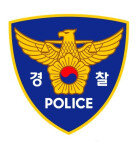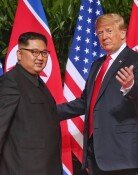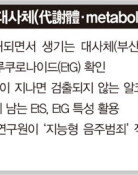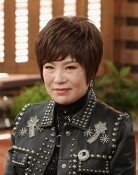Japan using meticulous strategies to claim Dokdo islets
Japan using meticulous strategies to claim Dokdo islets
Posted March. 31, 2011 10:22,
Japan has gradually enhanced its claim to Korea`s Dokdo islets in its school textbooks under long-term and meticulous strategies.
To strengthen Japan`s claim to Koreas easternmost islets and form public opinion, right-wing public officials at the Japanese Education, Culture, Sports, Science and Technology Ministry have joined hands with ultranationalist forces. Tokyo has also tacitly approved the claim.
Japanese school textbooks had intermittently made indirect descriptions of Dokdo until the 1990s. From the early 2000s, however, the description that Korea is illegally occupying Takeshima (the Japanese name of the islets) began to appear.
This development coincided with the 1997 emergence of a far-right organization dedicated to producing new history textbooks and the growing influence of claims that glorify Japans previous aggression.
The previous Japanese administration led by Prime Minister Shinzo Abe passed a basic law on education to enhance patriotism and nationalism shortly after its inauguration in 2006. Based on the law, education guidelines issued for elementary and middle schools urged students to sing the Japanese national anthem and learn more about national territories. Instruction guidelines for middle schools asking students to deepen their understanding of Takeshima were also adopted.
Education guidelines for high school students adopted in December 2009 were no exception. Instruction guidelines are something textbooks must follow, so the description of claiming sovereignty over the islets in textbooks was expected.
With right-wing forces forming public opinion by forcing their government to say yes or no on whether the islets are Japanese territory, Tokyo has little room to maneuver.
In his message to mark the centennial anniversary of Japans annexation of Korea in August last year, Japanese Prime Minister Naoto Kan admitted to the forced nature of the annexation and promised to face up to history. Given Japan`s latest claim to Dokdo, however, his promise rings hollow.
A Japanese diplomatic white paper to be published next month and a defense white paper due in July are highly likely to strengthen Japan`s claim to the islets. Tokyo will also likely to approve high school textbooks saying Dokdo is Japan`s.
The subtle strategies of Japanese right-wingers were well demonstrated in noise marketing of the history textbook published by Fusosha Publishing in the 2000s. Though few schools adopted the textbook due to its far-right slant, more than 400,000 copies were sold at bookstores, raising public interest in the islets.
Japanese rightists have also helped frustrate a plan to offer foreigners with permanent residency the right to vote by persistently criticizing the incumbent government led by the ruling Democratic Party of Japan.
By contrast, the Korean government has only responded with a request for prior cooperation and a protest later instead of strengthening measures to effectively occupy the islets, an action Japan dreads the most. This has caused Japanese officials to tacitly ignore Korea, with one saying, Koreans will protest only for a short period of time even if we provoke them.
jkmas@donga.com
Headline News
- Medical school quotas expanded after 27 years by 1,509
- ‘Pension replacement rate of 44-45% is negotiable,’ says Lee Jae-myung
- 16 out of 20 food companies see cost ratio decrease in 1st quarter
- Oksana Chusovitina with 8 Olympics under her belt gets injured
- Real income effectively reduced amid inflation hikes







